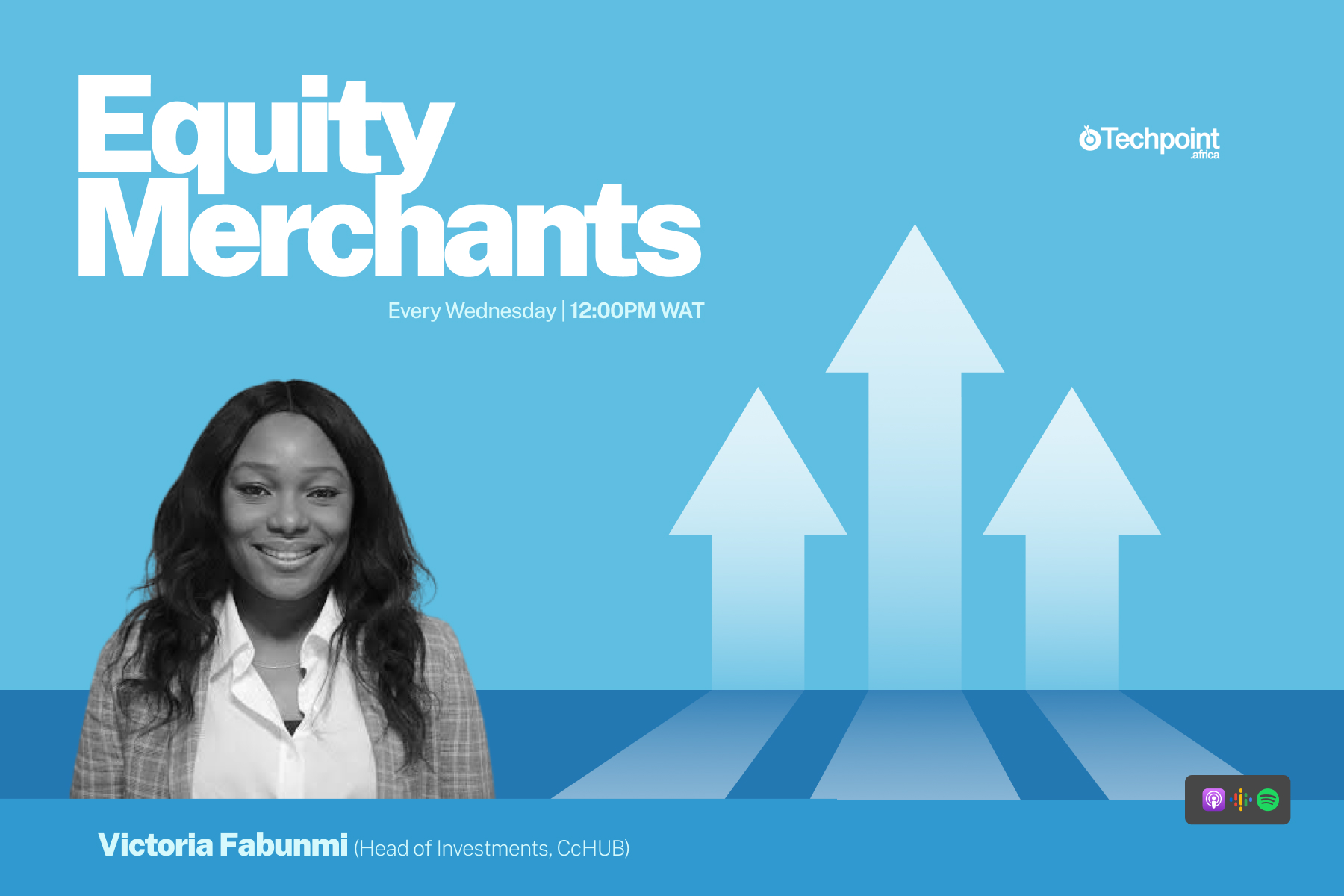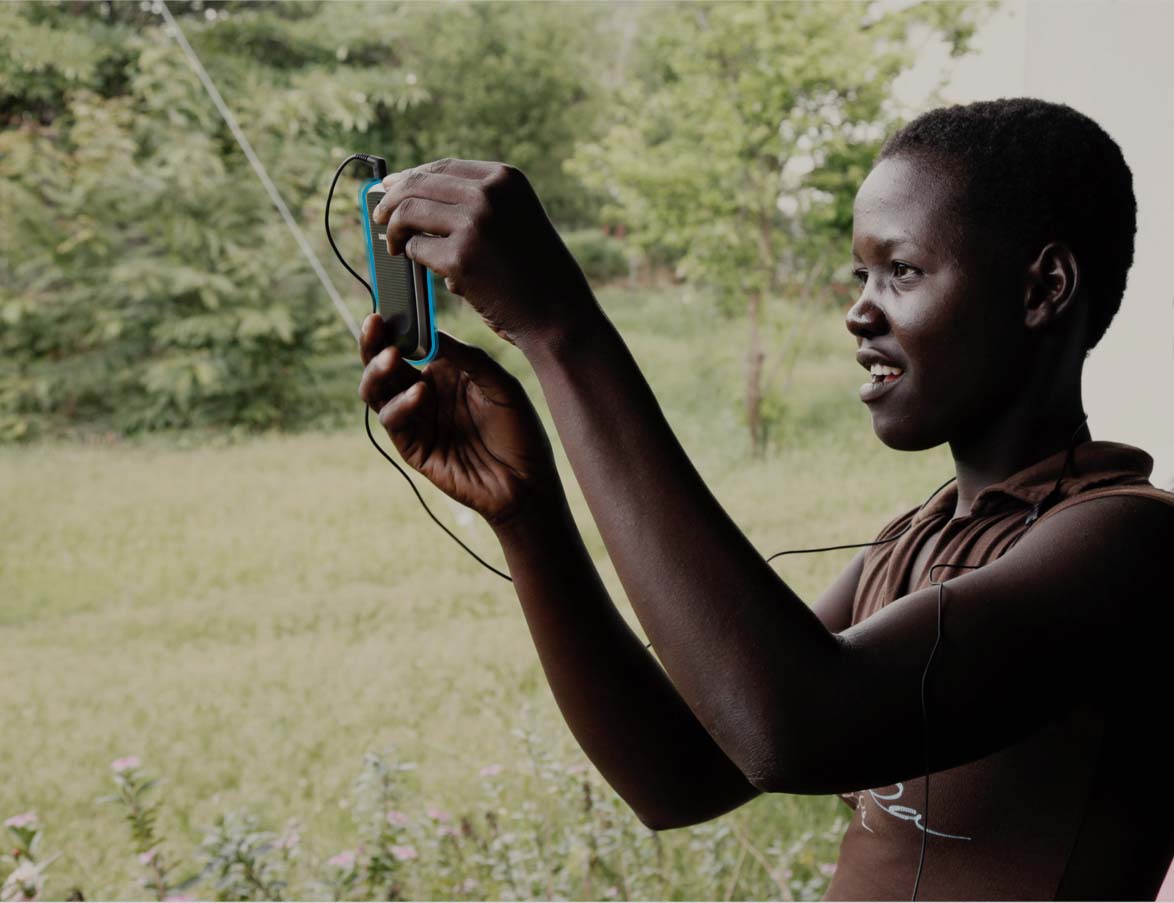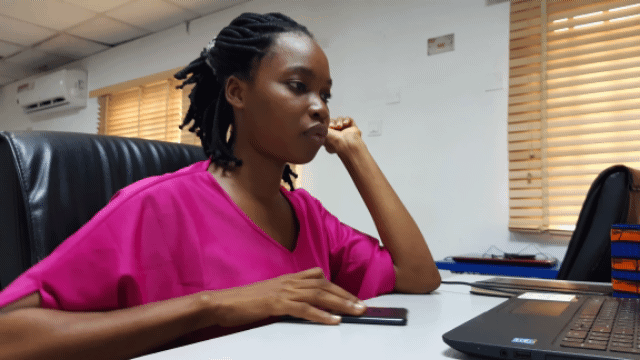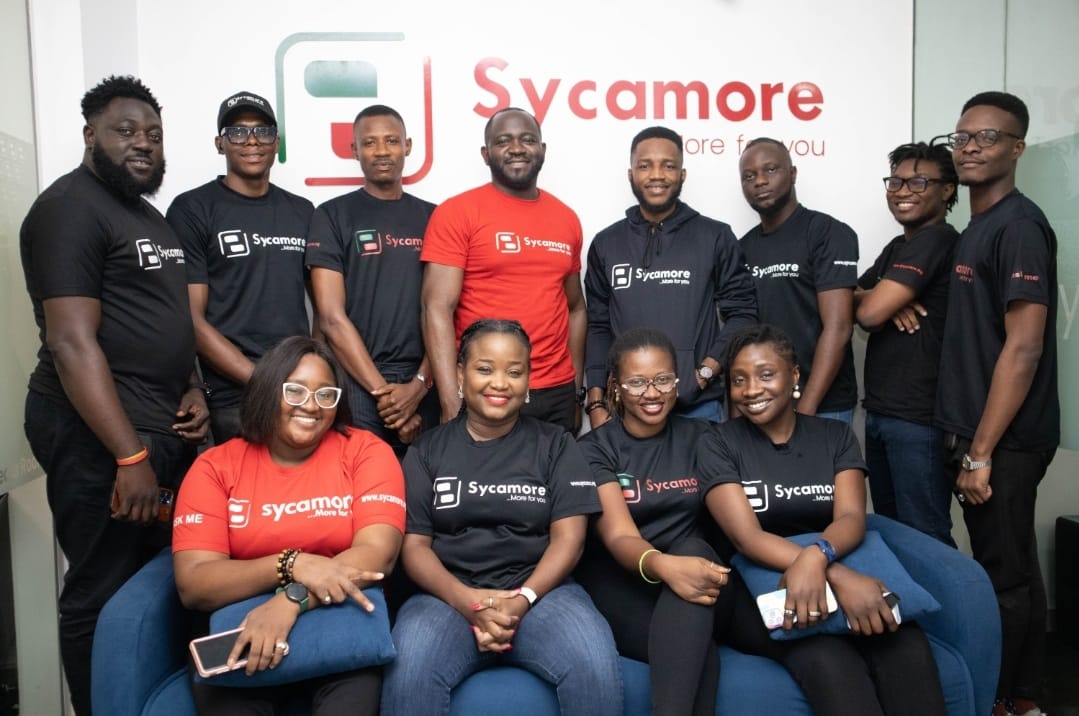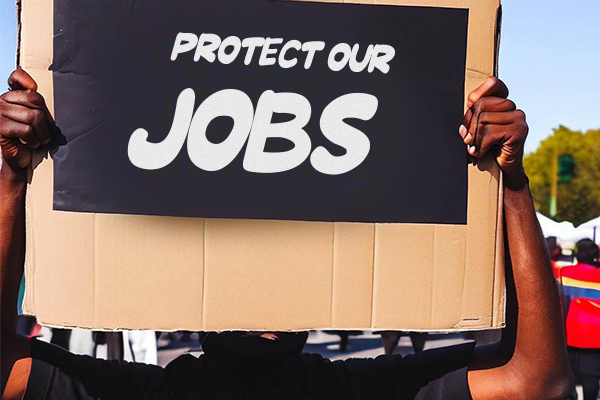In 2010, precious little was known about Nigeria’s startup ecosystem and Africa by extension. Not only was nothing known about it, there was little activity going on, but few Africans believed that the sector was crucial to the continent's economic prosperity.
One of them was Bosun Tijani, and later that year, he co-founded CcHUB with Femi Longeto to support entrepreneurs using technology to solve the continent’s problems. From its beginnings in Lagos, Nigeria, it now has hubs in Rwanda and Kenya and has helped hundreds of African startups with funding, workspaces, networks, and knowledge.
This week on Equity Merchants, Techpoint Africa speaks with Victoria Fabunmi, Head of Investment at CcHUB, and she shares her thoughts on investing in Africa.
Searching for impact
Like many university graduates, Victoria Fabunmi was unsure what direction her career would take. However, the graduate of accounting from the University of Lagos knew she wanted a career that allowed her to make an impact on society.
One way to do this was to bridge the financing gap for businesses, and so she began a career in investment banking.
After nine years as an investment banker, she was ready for a new challenge, this time bridging the financing gap for startup founders through her role as an investment manager at CcHub.
As the Head of Investment, Fabunmi leads CcHUB’s sector-agnostic investments in startups that come through its pipelines and early-stage startups that meet its investment criteria.
“We're sector agnostic, so we invest across sectors. We look for companies leveraging technology to build infrastructure in their given vertical, hoping that they can provide access at scale. So when I say access at scale, think about education.
“Education should be something that everyone should access, but quality education is still something a lot of people don't have access to.”

Join over 3,000 founders and investors
Give it a try, you can unsubscribe anytime. Privacy Policy.
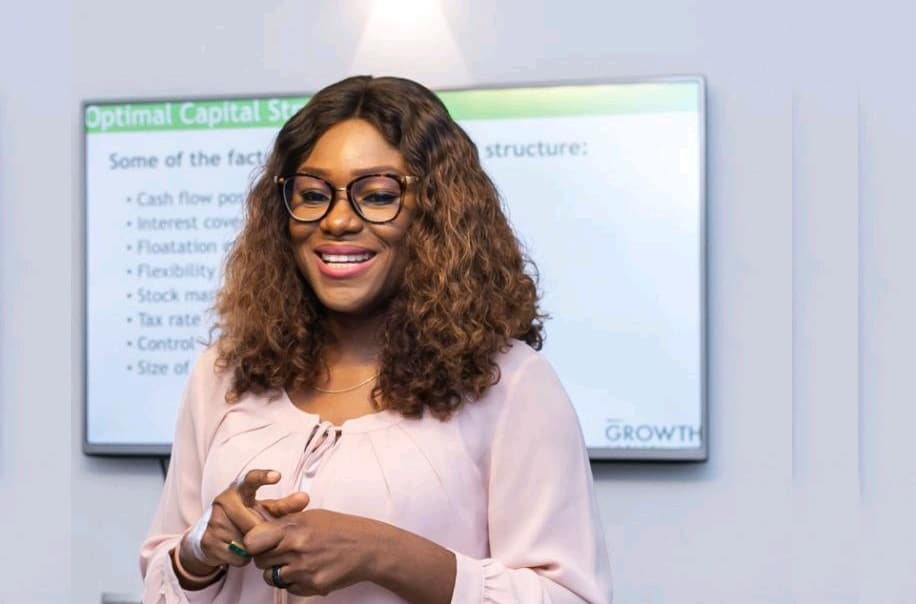
With CcHUB investing at the early stages of a startup’s journey, there is little data for investors to use in decision making. Fabunmi points out that she considers specific criteria when deciding to invest in a startup.
“The numbers might not be there. But I think there are qualitative factors that we can look at in terms of selecting the startups.”
Founders, for example, need to understand the space they are playing in or have advisors that do, while they also need to have traction, regardless of how little. The size of the market is also key, as not all startups are ideal for VC investments.
In recent years, the age of founders seems to have reduced, with more people starting businesses straight out of school or even before getting into the university.
If you're straight out of school and you want to come into VC, look for affordable courses on Udemy that teach you about financial models, be willing to network and meet people, and I’m sure you’ll meet someone who wants you on their team.
Victoria fabunmi (tweet this)
High unemployment rates also mean that most of these founders have little to no experience in the industries they are building in. Consequently, Fabunmi reveals that investors must consider the founder’s character and the factors mentioned above.
Getting your first job in venture capital
Until only a few years ago, a career in venture capital was not something that many Africans considered. However, it has gradually grown as more homegrown funds are launched, and Fabunmi has some tips for anyone looking to land their first VC roles.
“For some reason, you have to be a people person because you have to get the founders to trust you. So you have to be a people person.
“You have to be willing to learn, unlearn, and relearn in terms of how quickly things evolve. You must also understand what's happening in the ecosystem, collecting and processing data quickly.”
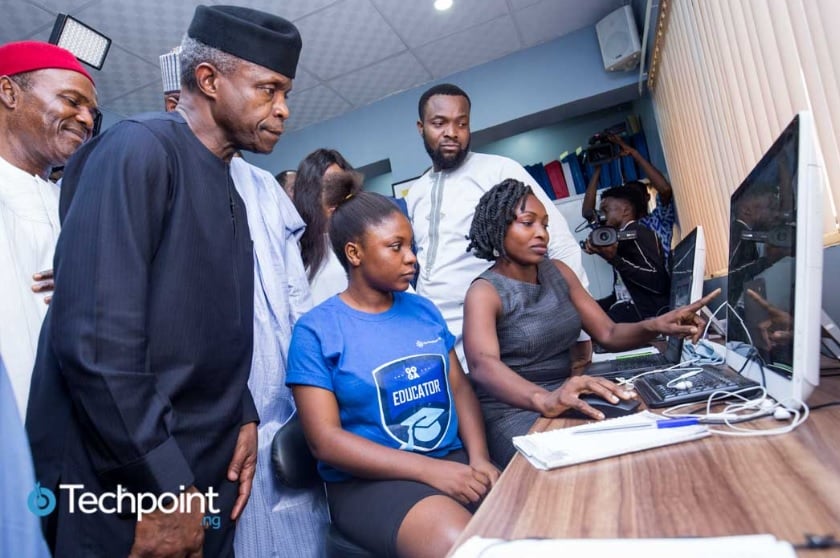
But soft skills are not all you need to get a job in venture capital. Hard skills such as financial analysis and modelling are valuable, especially for entry-level positions.
“Very early on, you'll be required to do some financial modelling or analysis. In fact, most VCs require that you have some skills when it comes to numbers. But as you go through the ranks, perhaps, they might not be as relevant.
“If you're straight out of school and you want to come into VC, look for affordable courses on Udemy that teach you about financial models, be willing to network and meet people, and I’m sure you’ll meet someone who wants you on their team.”
The evolution of Nigeria’s startup landscape
In 2021, a day hardly passed without an African startup announcing its fundraise, but it was not always like that. At some point, getting $1 million at Series A was a dream, but several pre-seed startups have raised higher amounts. That’s just one way the startup space has grown since Fabunmi joined CcHUB.
“When I joined, cheque sizes were smaller, and the definition of stages was different. Now you have pre-seed, seed, seed plus, and all sorts of terminology. Then it was very clear what metrics you had to be doing at every stage, but all that has changed.”
victoria fabunmi (tweet this)
While cheque sizes have grown, Fabunmi notes that more African founders are building products for the global market while the talent gap has gotten wider with more startups competing for scarce talent.
Localising African investments and building for a global market
According to Techpoint Africa’s Nigerian Startup Funding Report 2020, 71.2% of investments received by Nigerian startups in 2020 came from outside Africa. It was worse for West African startups, with 81.3% external funding, and Fabunmi admits that it is a phenomenon that worries her.
However, she concedes that startup investing is a little known asset class in Africa, and it would take some time to get most local investors to see it as a good investment. In the meantime, she believes that more work needs to be done to have more homegrown fund managers.
“It will take a while to get more people to come on board this train, but it does worry me that most of the investments come from outside the continent. The hope is that we begin to develop more homegrown fund managers that can deploy enough capital to these innovative companies to keep them on the continent.”
One of the advantages of building tech-enabled businesses is the possibility of creating a product that is used globally. The likes of Facebook, Twitter, and PayPal are some examples of startups that have a global audience.
However, only a handful of companies built in Africa can boast of a global audience, and Fabunmi believes that it’s only a matter of time before we begin to see such companies on the continent.
“It takes a very unique founder to build global products. It's almost like an out-of-body experience, where you're thinking about a unique problem that can be solved across the globe. I think we'll continue to see founders like that emerge, especially with all the programmes on the continent laying the foundation for them to emerge.”
Building sustainable businesses
A lot of effort goes into building sustainable businesses. Not only must the right team be assembled, but the right structures also need to be put in place, or the business risks failing. There have been stories about the terrible work culture in some startups and accusations of shoddy due diligence by investors in recent times.
These are all crucial issues, and Fabunmi believes that investors have a role in creating a great environment for businesses to thrive.
“I think investors have a significant role to play. We’re in a clime where if you say something your founder doesn't like, the next thing is you're tagged as not founder-friendly, but investors should not be afraid of calling out things that could harm the company.
“Hopefully, as the ecosystem matures, corporate governance will become something everyone embraces easily. We would either have founders looking for it from day one of investment — and it's a criterion for accepting an investor — or more investors are willing to play that role of demanding certain things in a startup’s organisational culture.”
The team an entrepreneur assembles to build a product would often determine its success, and few team members have as much impact as co-founders. About 65% of high potential startups fail due to co-founder conflict. Therefore, getting this decision right is essential.
Fabunmi advocates for co-founders to have a great relationship that ensures that they can resolve conflict when it arises. Additionally, they should ideally have different strengths and complement each other, while a founders’ agreement can be used to protect the company’s future.
As the due diligence process is often non-negotiable for investors, she offers insights into what investors want to see. She advises founders to get started before seeking investments. This includes having a team that can handle the business in the founders’ absence and a great understanding of the market. Where this deep expertise is absent, she believes that founders who are open to feedback are attractive to investors.
Collaborating to bridge the talent gap
In addition to accessing finance, most African founders frequently lament about their inability to hire the right talent. Businesses such as Gebeya, AltSchool, and Andela have launched with varying approaches to solve this problem. However, there has been little cooperation between academia and the tech industry.
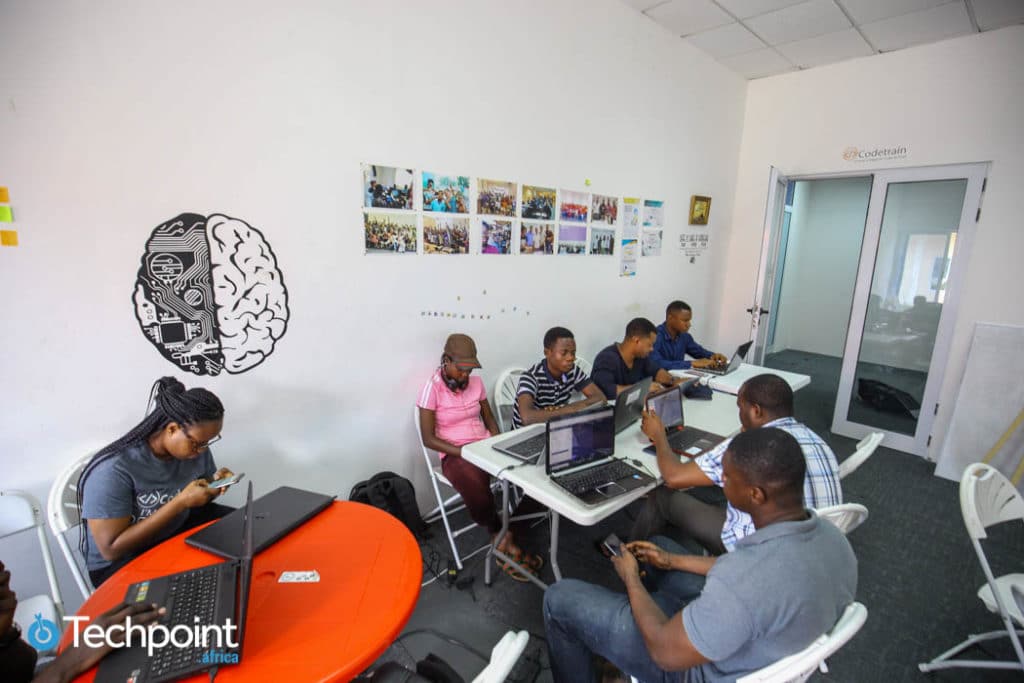
Fabunmi shares that a collaboration between the industry and academia is crucial to maintaining a steady talent pool for the tech industry. Already, CcHUB has partnered with the Tai Solarin University of Education to build an Edtech Center of Excellence. Still, she believes that more is required before the industry can fill the talent gap.
For founders looking to raise capital, Fabunmi advises that they understand the intricacies of their business and why they want to raise money. She also suggests that they build relationships with investors long before they need them while working to ensure they can be trusted.
Some of her favourite books and movies include Vikings, King of Boys, The Intelligent Investor, and The Lean Startup.

